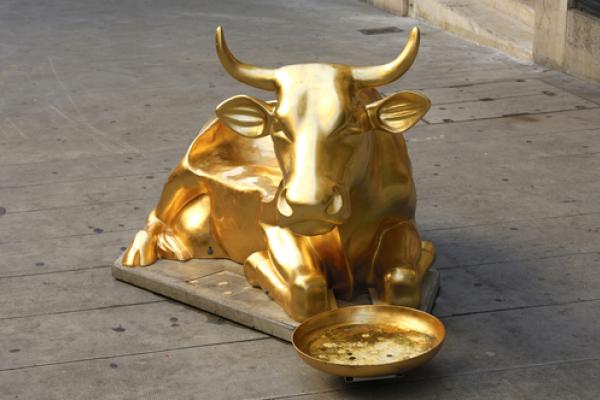For most of human history, religious faith has been central to the life, economy, and government of virtually all societies. Babylon, Egypt, China, Greece, and Rome: all of these empires explicitly traced their authority from heaven, the gods, or other transcendent concepts that can only be described as religious. Religious acts were political acts, and vice versa. To challenge the status quo of the ruling authorities was to call into question the religious authorities, as well. Expressions of faith were serious business.
For more than a thousand years, Western Christianity was the theological glue that held European society together. We can still observe remnants of these former times in the civil religion of the United States. Even today, presidents invoke the name of God during speeches. Prayers are spoken before sessions of legislative bodies. New citizens and government employees are required to swear oaths of loyalty to the state. Our civil structures still bear traces of a time when Christian religious concepts were deeply intertwined with government.
For the most part, however, theistic religion is being pushed steadily out of our civic life.
Read the Full Article

